日本船级社ClassNK已经就日本海工技术与工程研究协会(J-DeEP)在苏格兰海岸开发的浮式海上制氢工厂发布了原则批准函(AiP)。
该制氢平台将由风力涡轮机产生的盈余电力驱动。它将结合一套海水淡化系统和一套通过电解法从水中提取氢气的系统。J-DeEP正与苏格兰政府国际事务部和苏格兰国际发展局合作开发该项目,后者已帮助J-DeEP展开可行性研究。
该组织在一份声明中称:“ClassNK已根据其规则和指南对J-DeEP的工厂设计进行过安全评估。在确认设计符合相关要求之后,ClassNK发布了AiP。”
爱尔兰科克大学的一项最新研究表明,大容量浮式海上风能与绿色氢气生产的结合可能是进一步实现能源领域脱碳的重要机会。科学家们基于电解槽技术、浮式风力发电平台和能量传递等变量提出了三种项目类型。这些类型包括基于集中式陆上电解、分散式海上电解和集中式海上电解的海上系统。
科学家们表示:“能量传递向量是所讨论的三种类型的关键特征,且重点在于系统的主要组件,旨在限制论文的复杂性,同时强调可供未来分析的、更详细的主题。”
他们发现,集中式系统设计的复杂性低于分散式设计,因为它为某些组件提供了更具成本效益的选择。
他们解释说:“例如,正在针对高成本效益的大型电解槽进行的开发工作可能实现更优惠的氢气价格。另一方面,集中式系统面临的挑战在于,一旦出现故障,整个农场将停止生产氢气。集中式海上系统还额外增加了容纳电解设施的浮船的资本支出。”
科学家们在最近发表于《可再生能源和可持续能源评论》杂志上的《专用大型浮式海上风电制氢:评估建议类型的设计变量》(Dedicated large-scale floating offshore wind to hydrogen: Assessing design variables in proposed typologies)一文中解释了他们的方法。
This content is protected by copyright and may not be reused. If you want to cooperate with us and would like to reuse some of our content, please contact: editors@pv-magazine.com.
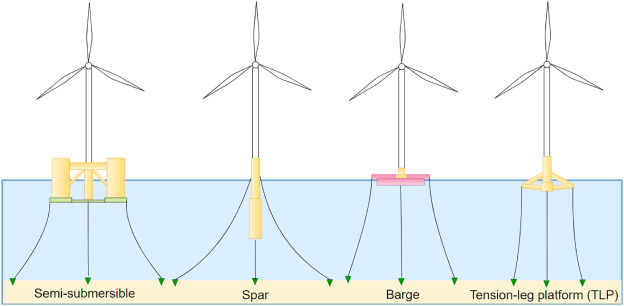



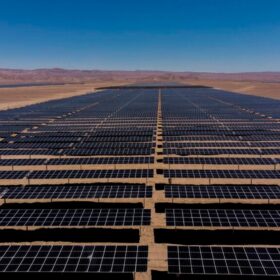
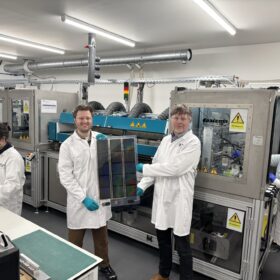

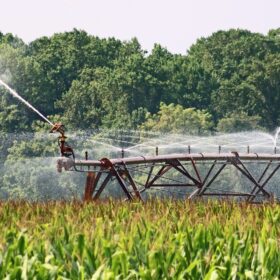
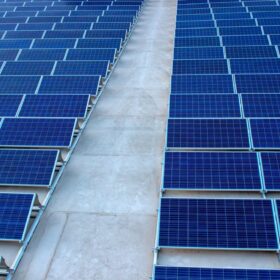
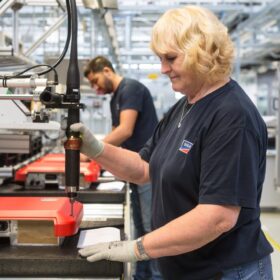
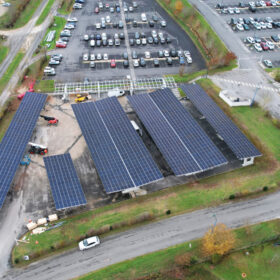
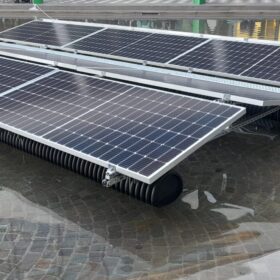
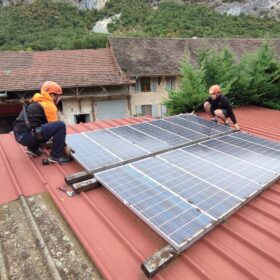

By submitting this form you agree to pv magazine using your data for the purposes of publishing your comment.
Your personal data will only be disclosed or otherwise transmitted to third parties for the purposes of spam filtering or if this is necessary for technical maintenance of the website. Any other transfer to third parties will not take place unless this is justified on the basis of applicable data protection regulations or if pv magazine is legally obliged to do so.
You may revoke this consent at any time with effect for the future, in which case your personal data will be deleted immediately. Otherwise, your data will be deleted if pv magazine has processed your request or the purpose of data storage is fulfilled.
Further information on data privacy can be found in our Data Protection Policy.